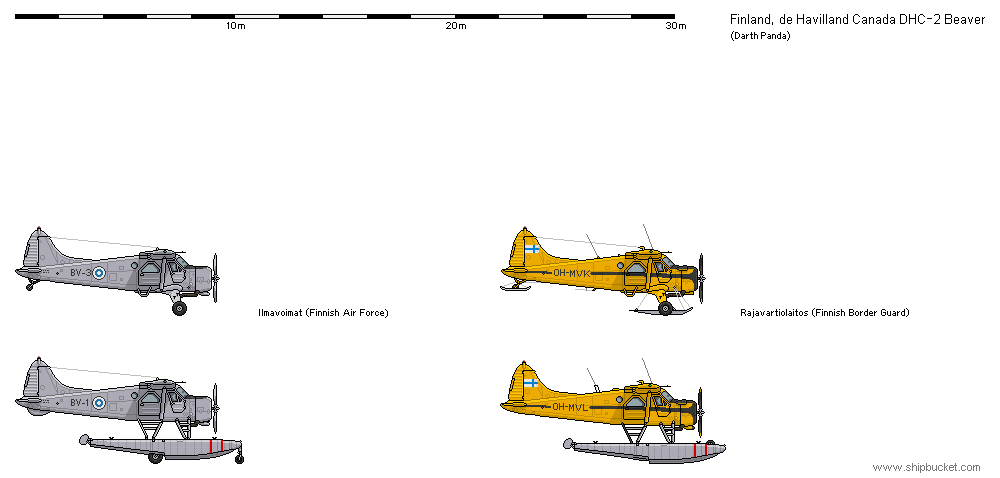Lt John Pritchard and his crewman, Radioman First Class Benjamin Bottoms were the first Coast Guardsmen to receive the Distinguished Flying Cross for their attempted resue mission on 23rd November 1942.

The USCGC Northland had been tasked with the rescue of the crew of an RCAF B-17 SAR aircraft that had crashlanded on the Greenland ice sheet while searching for another aircraft. The RCAF crew had spent 13 days trapped on the ice and conditions were poor when the Northland arrived to commence the search. With the deteriorating weather the Northland's Grumman Duck was launched to attempt to find the crashed aircraft. The Duck crew found the wreck and endeavoured to find a place on the ice to put their aircraft down. Nothing was available near, and instead the Duck was landed on the ice some distance from the wreck. Carrying emergency supplies the Duck crew hiked to the wreck, and carried 2 injured Canadian aviators back to their aircraft and managed to take-off from the ice and returned to the Northland. The Duck crew were desperate to return to the ice for another sortie, but the weather had deteriorated to the point that a take-off was not possible.
The next morning conditions were still poor, but the Duck was able to get airborne and navigate back to near the wreckage. Another RCAF airman was excorted back to the Duck, and the crew were able to get airborne in the worst weather, but never made it back to the Northland.
The Canadians were finally rescued about a week later, and the Duck was seen from the air as having crashed. Both the USCG crewmen were posthumously awarded the DFC, the first USCG officer and the first USCG enlisted man to be awarded the DFC.
https://www.nga.mil/history/NGA_partici ... ervic.html
Corrected drawing title





